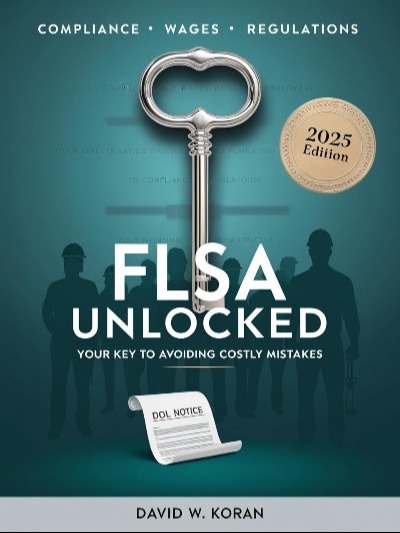
How Publix Defeated Off-The-Clock Claims and Rewrote the FLSA Playbook
In a significant victory for employers facing Fair Labor Standards Act (FLSA) collective actions, Publix Super Markets recently demonstrated the power of early, aggressive discovery and a refusal to accept the status quo. By challenging the traditional "lenient" conditional certification standard and forcing a fact-based analysis, Publix successfully defeated a lawsuit alleging widespread off-the-clock work by assistant managers, setting a precedent that could reshape FLSA litigation.
The Challenge:
Five named plaintiffs, representing potentially thousands of non-exempt hourly Department and Assistant Department Managers, claimed they were compelled to work off-the-clock, performing pre-shift, post-shift, meal break, and after-hours communication work, despite company policies expressly prohibiting it. Plaintiffs’ lawyers sought conditional certification, aiming to leverage the sheer size of the potential collective to pressure Publix into a settlement.
Publix's Winning Strategy: Early and Aggressive Discovery
Publix's success hinged on its proactive approach. Instead of passively awaiting discovery, the company pushed for early, pre-certification discovery, a strategy the court granted. This allowed Publix to gather concrete evidence, including depositions from eight plaintiffs and document exchanges, revealing significant individual variations in the alleged off-the-clock work.
Challenging the "Lenient" Standard:
Historically, courts have often applied a "lenient" first-stage standard for conditional certification, requiring only a "modest showing" from plaintiffs. However, recent court decisions in the Fifth and Sixth Circuits have rejected this approach, demanding a more rigorous analysis of whether plaintiffs are "actually similar."
Publix, operating within the Eleventh Circuit, was not bound by these newer precedents. However, the company recognized the opportunity to challenge the prevailing "lenient" interpretation, particularly in light of the Morgan v. Family Dollar decision, often cited by plaintiffs' attorneys to support a lower certification bar. Publix strategically argued that the facts, when uncovered through early discovery, would demonstrate the lack of similarity among the plaintiffs.
The Power of Individualized Inquiries:
Publix's discovery efforts revealed critical differences among the plaintiffs' experiences. The court, armed with this factual record, found that determining the veracity of the claims would necessitate extensive individualized inquiries, including:
- Varied Experiences: Whether and how much off-the-clock work occurred, the nature of that work, and whether supervisors directed it differed significantly among plaintiffs.
- Knowledge of Off-The-Clock Work: Individual variations existed regarding whether Publix was aware of any alleged off-the-clock work.
- Time Variance: The time spent on alleged off-the-clock work varied greatly, with some instances being de minimis.
- Diverse Types of Work: The alleged types of off-the-clock work were so varied that a unified approach was impossible.
- Policy Enforcement: Publix's written policy prohibiting off-the-clock communications necessitated individualized assessments of whether specific communications were work-related and non-de minimis.
- Policy Enforcement: The court recognized that Publix enforced its policies, and did not ignore this key piece of evidence.
These findings led the court to conclude that a collective action was inappropriate, as there was no "policy or practice that violates the FLSA which is sufficiently clear to bind together a potential class this massive, this disparate, and this individualized."
Labor Budgets and FLSA Compliance:
The court also rejected the plaintiffs' argument that Publix's use of labor budgets created a de facto policy of off-the-clock work. The court affirmed that labor budgets do not establish FLSA liability as long as employees are paid for all hours worked, including overtime.
Lessons for Employers:
Publix's victory offers valuable lessons for employers facing FLSA collective actions:
- Embrace Early Discovery: Proactively seek pre-certification discovery to uncover factual discrepancies and challenge the "lenient" standard.
- Focus on Individualized Inquiries: Highlight the need for individualized assessments to demonstrate the lack of similarity among plaintiffs.
- Enforce Sound Policies: Maintain and enforce clear wage and hour policies, demonstrating a commitment to compliance.
- Challenge Assumptions: Do not assume courts will automatically apply the "lenient" standard; instead, advocate for a fact-based analysis.
- Stand Firm: Resist the pressure to settle based solely on the threat of a massive collective action.
Publix's successful defense demonstrates that a proactive, fact-driven approach can effectively counter FLSA collective actions, reinforcing the importance of sound wage-hour practices and a willingness to challenge prevailing assumptions.

